Developing safe and sustainable artificial intelligence (AI), augmented intelligence systems combining natural intelligence and artificial intelligence, and governments using AI to best serve citizens... are global current issues discussed by international scientists at the conference held this morning, January 11.
The international scientific conference with the theme “AI for a Better World”, organized by Saigon International University this morning, January 11, is part of the SIU Prize Week 2025 event series.
The conference brought together nearly 500 international and domestic delegates, including policy advisors from the United Nations, the Vietnamese and US governments; leaders and scientists from universities, research institutes and hospitals around the world.
In addition, there were representatives of organizations and businesses operating in the fields related to medicine, technology, and AI; members of the SIU Prize jury, PhD candidates for the SIU Prize Computer Science; university students and excellent students from universities in Vietnam.
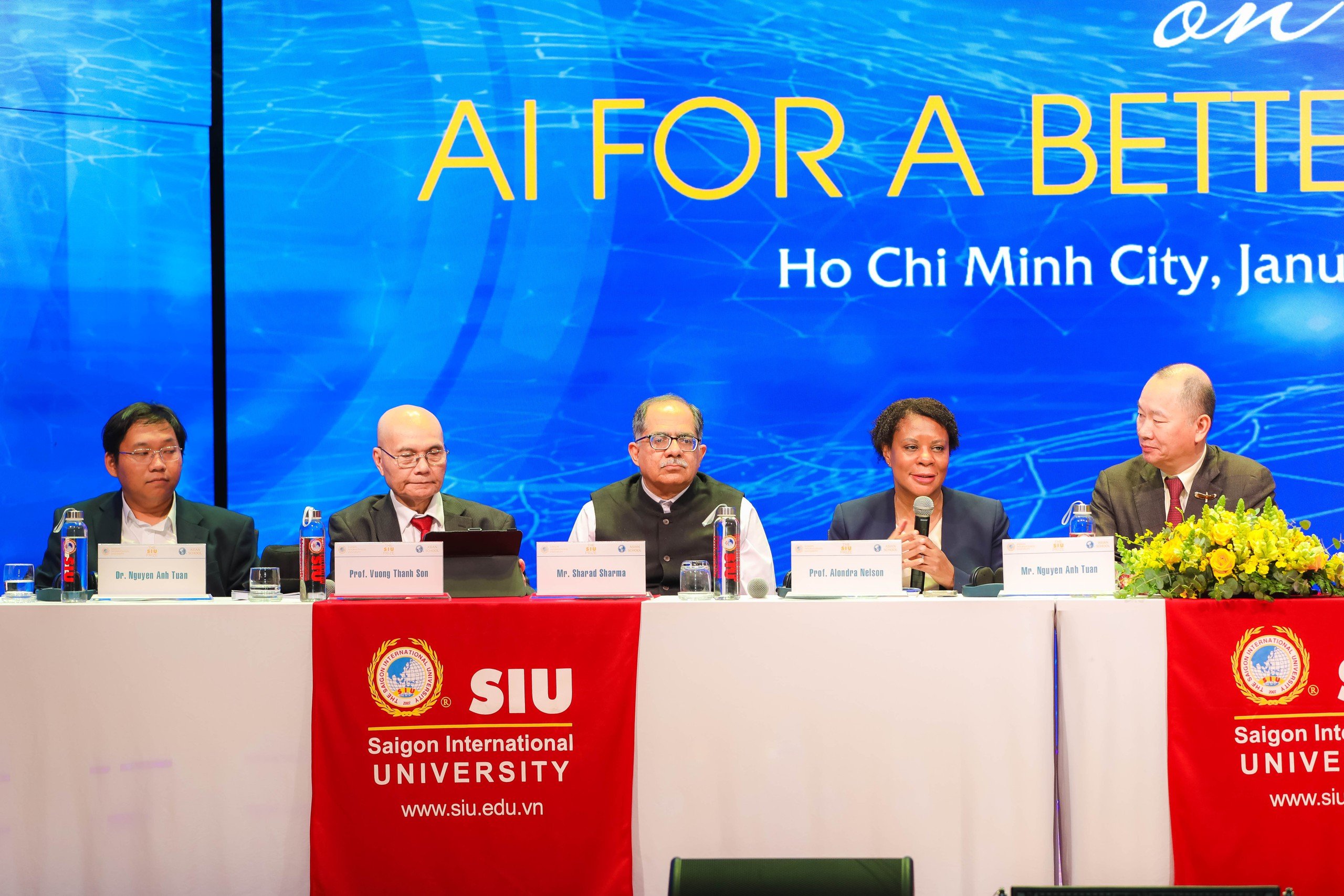
Speakers discuss at the conference "Artificial Intelligence for a Better World"
The focus of the conference revolved around global current issues such as safe and sustainable AI development, augmented intelligence systems that combine natural intelligence and artificial intelligence, and governments using AI to best serve citizens...
In particular, the conference attracted nearly 30 in-depth research papers from world scientists, focusing on breakthrough applications of technology and AI in many fields of medicine, education, environment, social technology...
From applying AI to specific, in-depth problems...
Present at the workshop, Professor Thomas P. Kehler, Chief Scientist, Co-founder and CEO of Crowdsmart San Francisco, USA gave a speech on "a physics- and neuroscience-inspired AI framework for a sustainable future from symbolic models to collective intelligence".
Thomas P. Kehler's research describes the development of a next-generation AI architecture that not only reduces risk and integrates human cognition, but also has the potential to revolutionize the field.
This new architecture is based on fundamental principles from the natural sciences, especially physics, computational biology, and neuroscience. The first version of this architecture combines the science of collective intelligence with an adaptive learning approach, building knowledge models from collaboration between humans and AI agents.
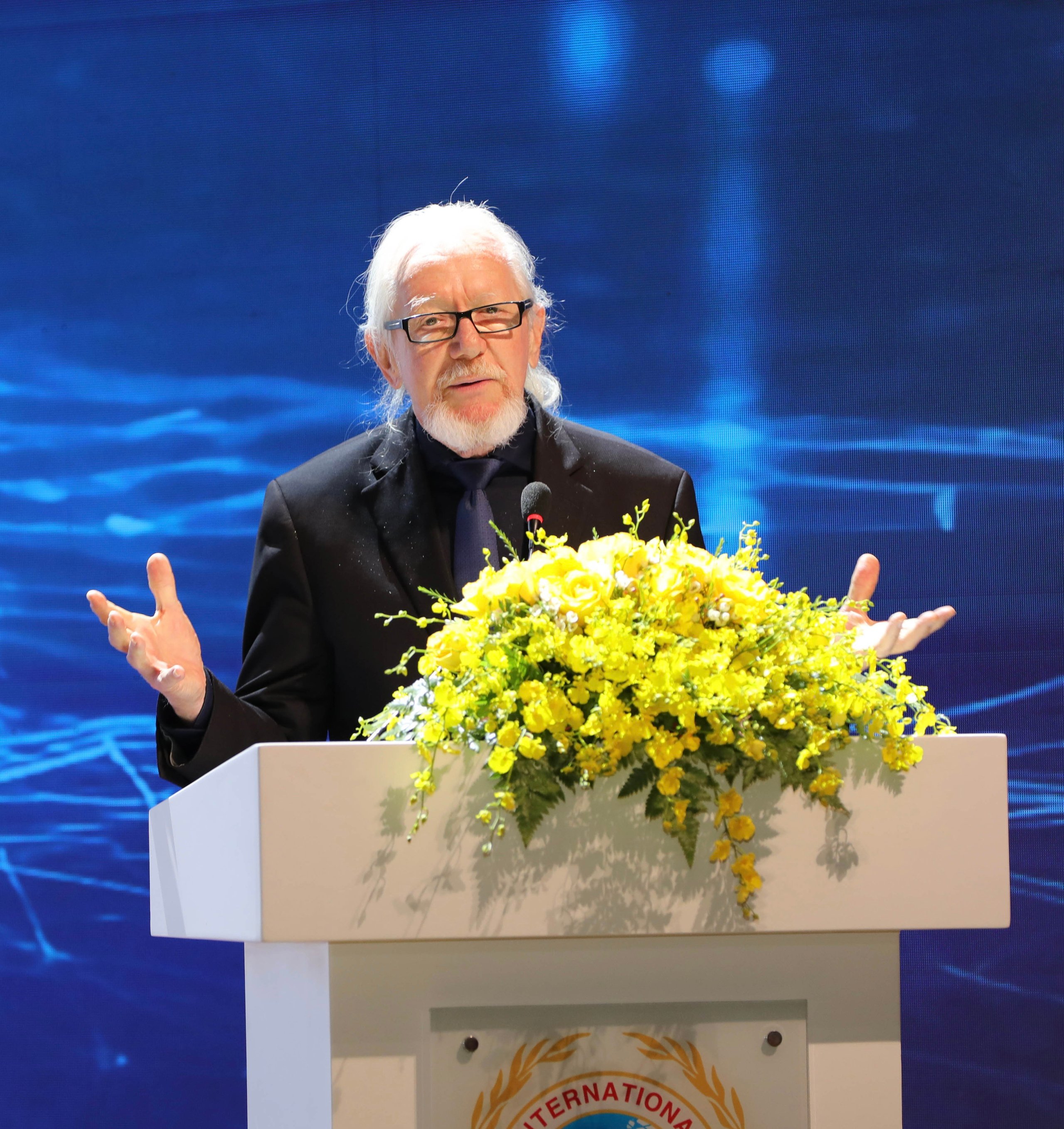
Professor Thomas P. Kehler shares about his research
Meanwhile, Dr. Michael Cardei and Dr. Thai Tra My, Department of Computer Science and Information Engineering, University of Florida, USA, mentioned that cyber intrusion attacks are a significant threat to computer systems and network security. Detecting and understanding these attacks is essential to maintaining a secure system.
The team investigated using explainable AI to enhance the interpretability of neural-level network intrusion detection learning models, thereby gaining more detailed insights.
"In this study, we use the CIC-IDS 2017 dataset to train a deep neural network to detect malicious network activities. We then analyze the activations of important neurons to achieve a more sophisticated separation between attack models, resulting in a more detailed intrusion detection system," the research team shared.
... To the macro issue: Government model
At the macro level, Dr. Nguyen Van Tuan (co-founder, co-chairman, director of the Boston Global Forum, director of the Michael Dukakis Institute for Leadership and Innovation, USA) and Dr. Michael Dukakis (chairman of the Michael Dukakis Institute for Leadership and Innovation; co-founder, chairman of the Board of Directors and Council of Thinkers, Boston Global Forum), said that the rapid development of AI brings unprecedented opportunities to transform the way public services are managed and provided.
However, most focus on just one particular aspect of AI or governance, missing the big picture of using AI to enhance human judgment and capabilities in this area.
The research of the two PhDs proposed the AIWS (Artificial Intelligence World Society) Government model, which is a 24/7 national government, enhanced by AI and following the principles of AIWS. In addition, the team introduced Boston Areti AI (BAI), an AI agent designed to support leaders, learning from outstanding individuals.
"The AIWS Government model aims for a transparent, principled, citizen-centric governance system that operates around the clock to ensure continuous service delivery. This model does not require staff cuts but instead reorganizes employees into AI-supported shifts, helping the government operate efficiently and continuously," said Mr. Tuan.
In addition to governance, the team also discusses the emergence of AIWS University and AIWS Health to illustrate how the AIWS Principles Framework can inspire comprehensive reforms in education and health. These concepts promote ethical and effective adoption of AI, facilitate innovation, build public trust, and improve quality of life.
Source: https://thanhnien.vn/500-nha-khoa-hoc-lanh-dao-quoc-te-ban-ve-tri-tue-nhan-tao-cho-tuong-lai-185250111151515761.htm


![[Photo] Young people line up to receive the special supplement commemorating the 50th anniversary of the Liberation of the South of Nhan Dan Newspaper](https://vstatic.vietnam.vn/vietnam/resource/IMAGE/2025/4/26/9e7e624ae81643eba5f3cdc232cd07a5)
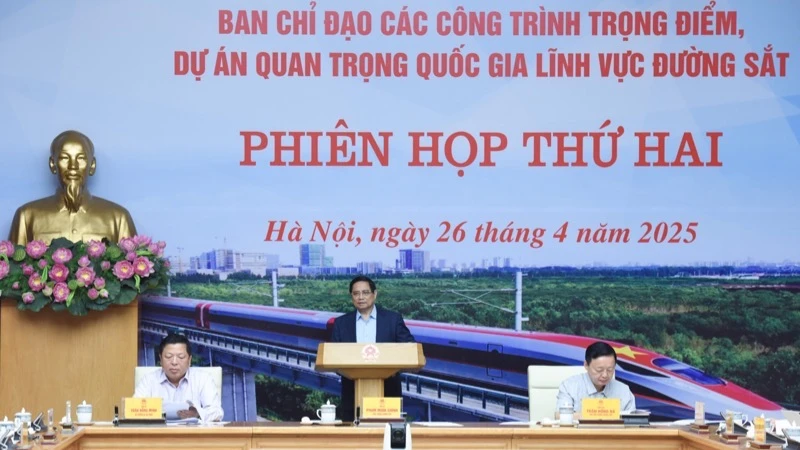
![[Photo] Ho Chi Minh City people's affection for the parade](https://vstatic.vietnam.vn/vietnam/resource/IMAGE/2025/4/26/7fcb6bcae98e46fba1ca063dc570e7e5)
![[Photo] Readers' joy when receiving the supplement commemorating the 50th anniversary of the liberation of the South and national reunification of Nhan Dan Newspaper](https://vstatic.vietnam.vn/vietnam/resource/IMAGE/2025/4/26/283e56713da94988bf608393c0165723)
![[Photo] Prime Minister Pham Minh Chinh chairs meeting of Steering Committee for key projects and railway projects](https://vstatic.vietnam.vn/vietnam/resource/IMAGE/2025/4/26/b9534596258a40a29ebd8edcdbd666ab)
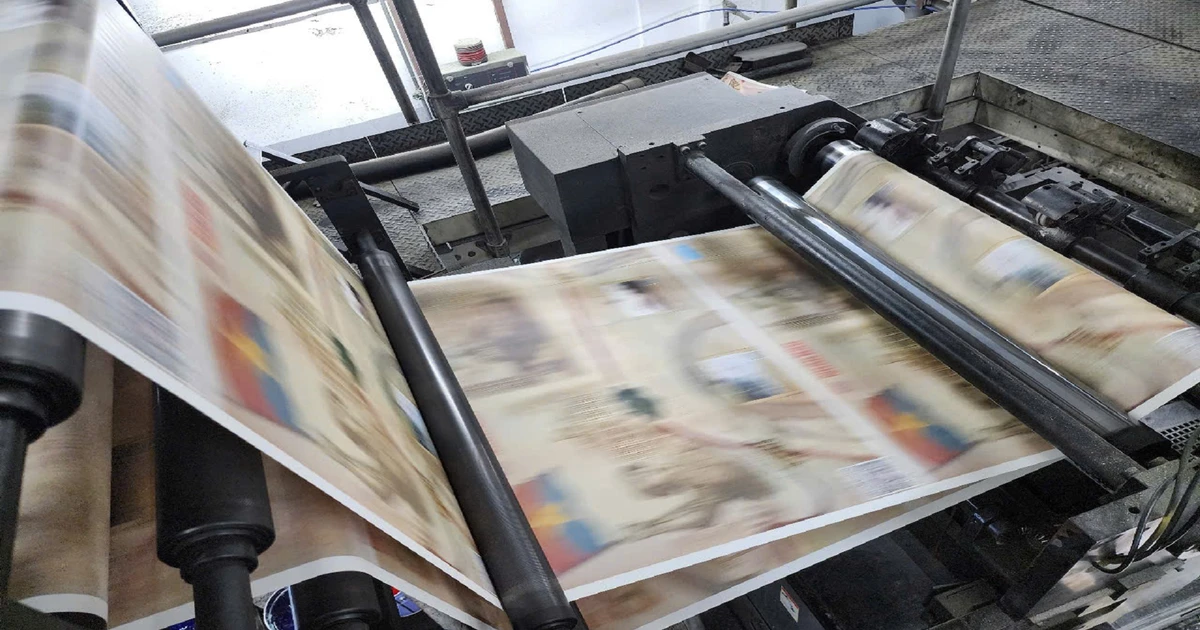
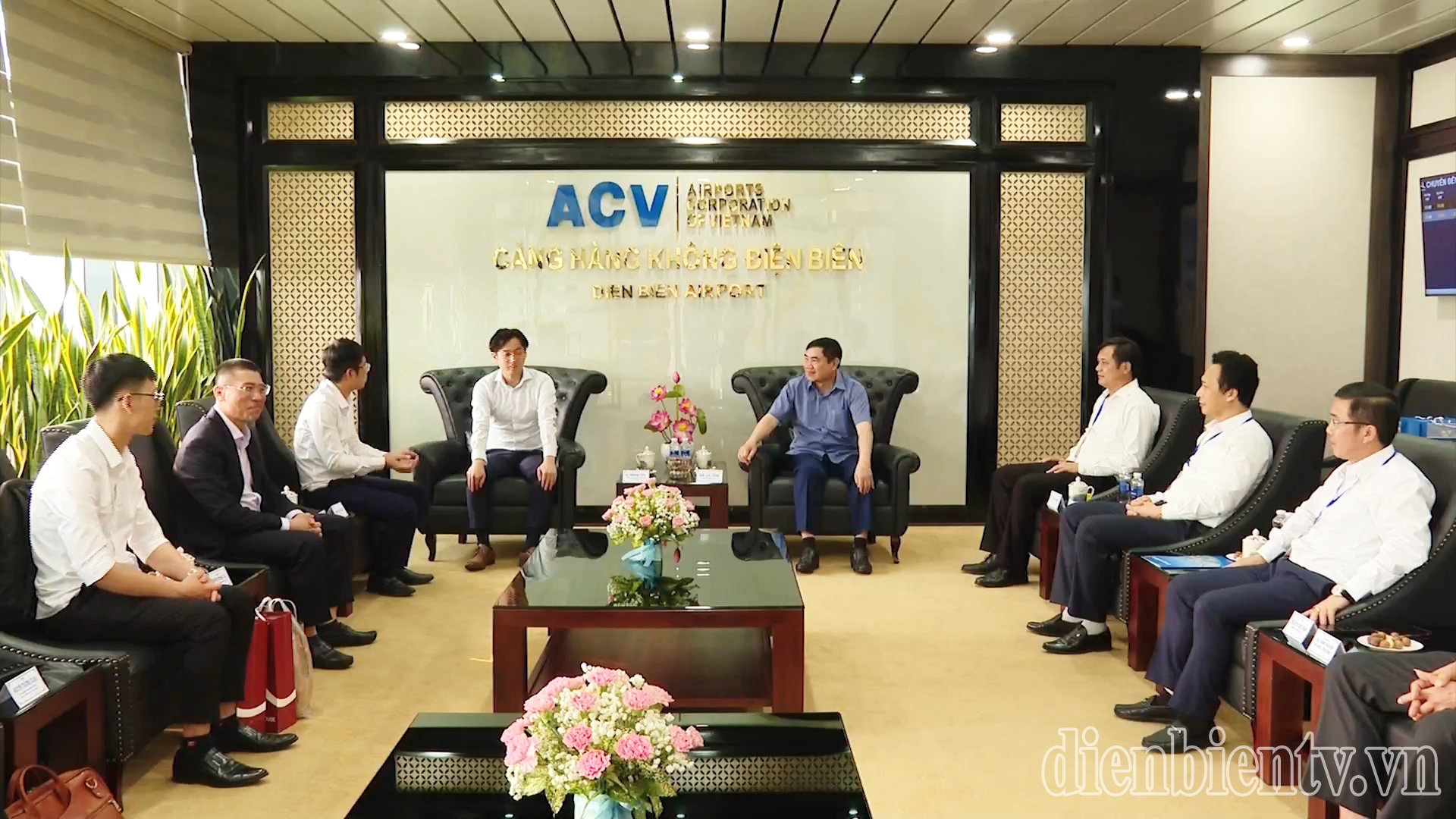

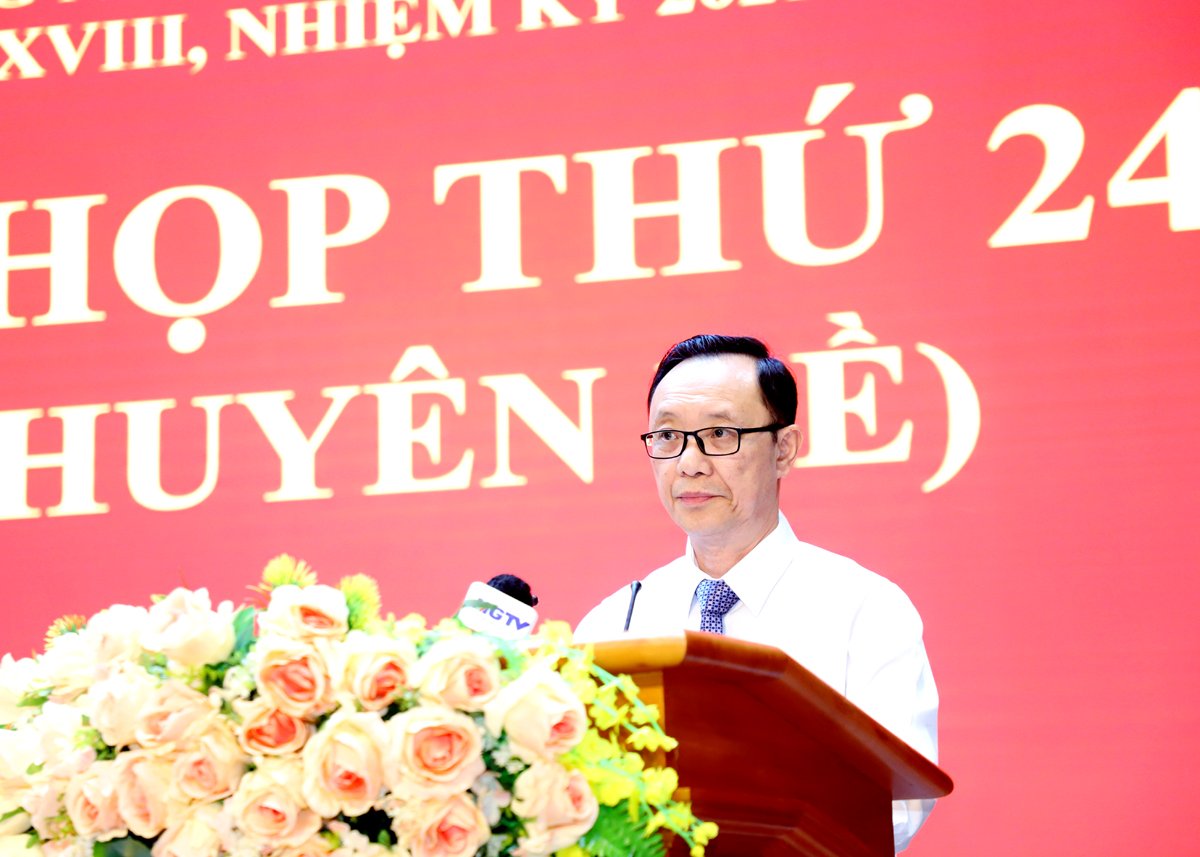
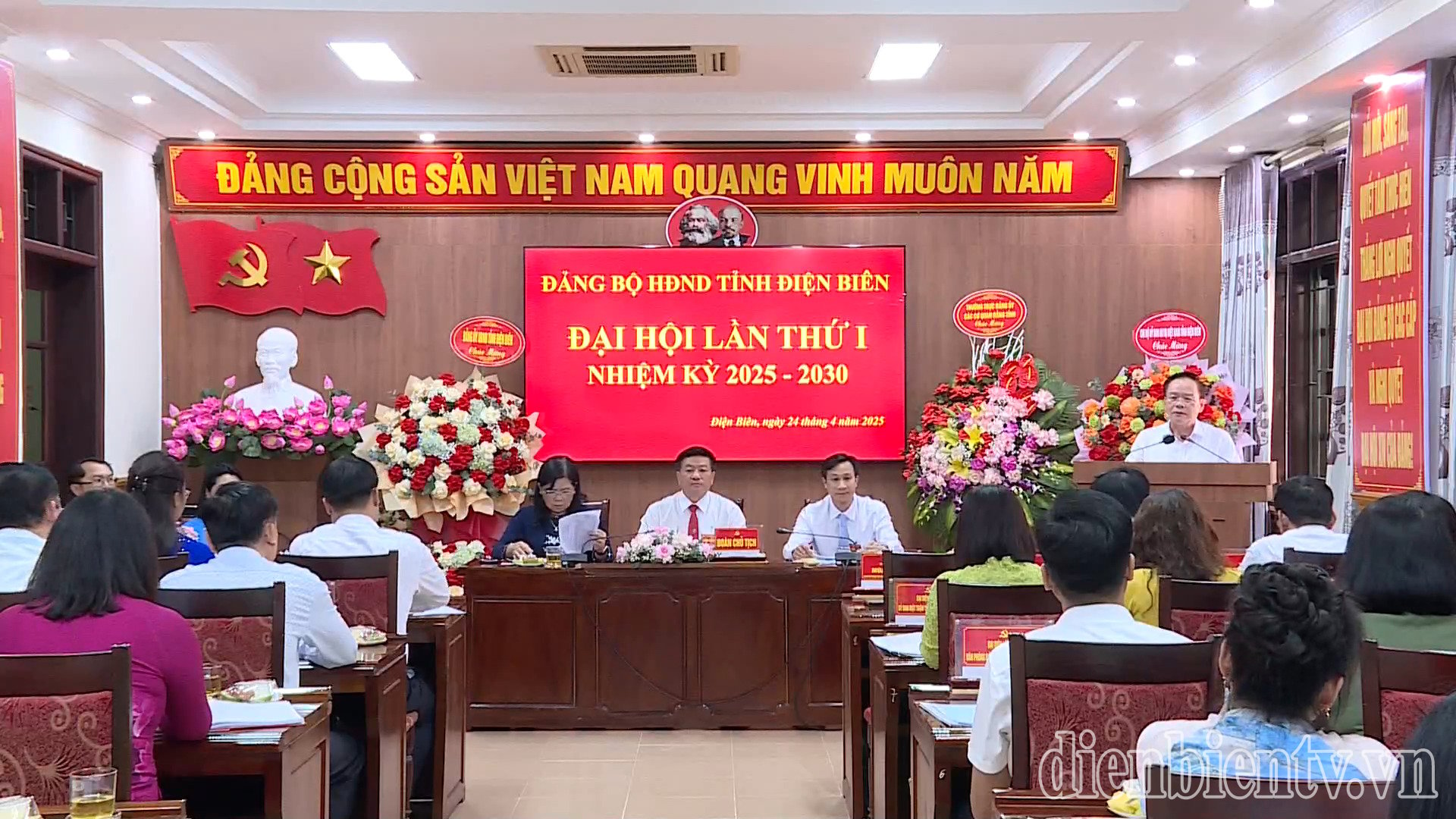
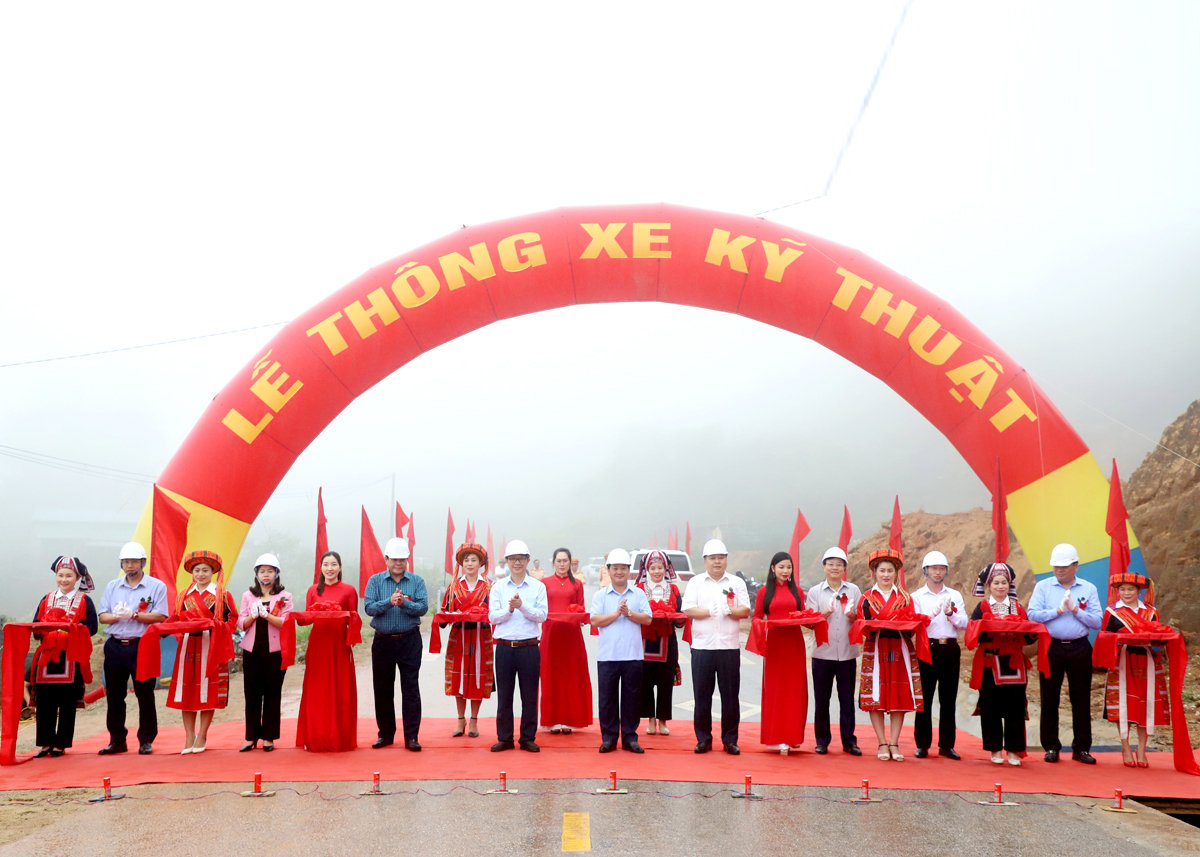
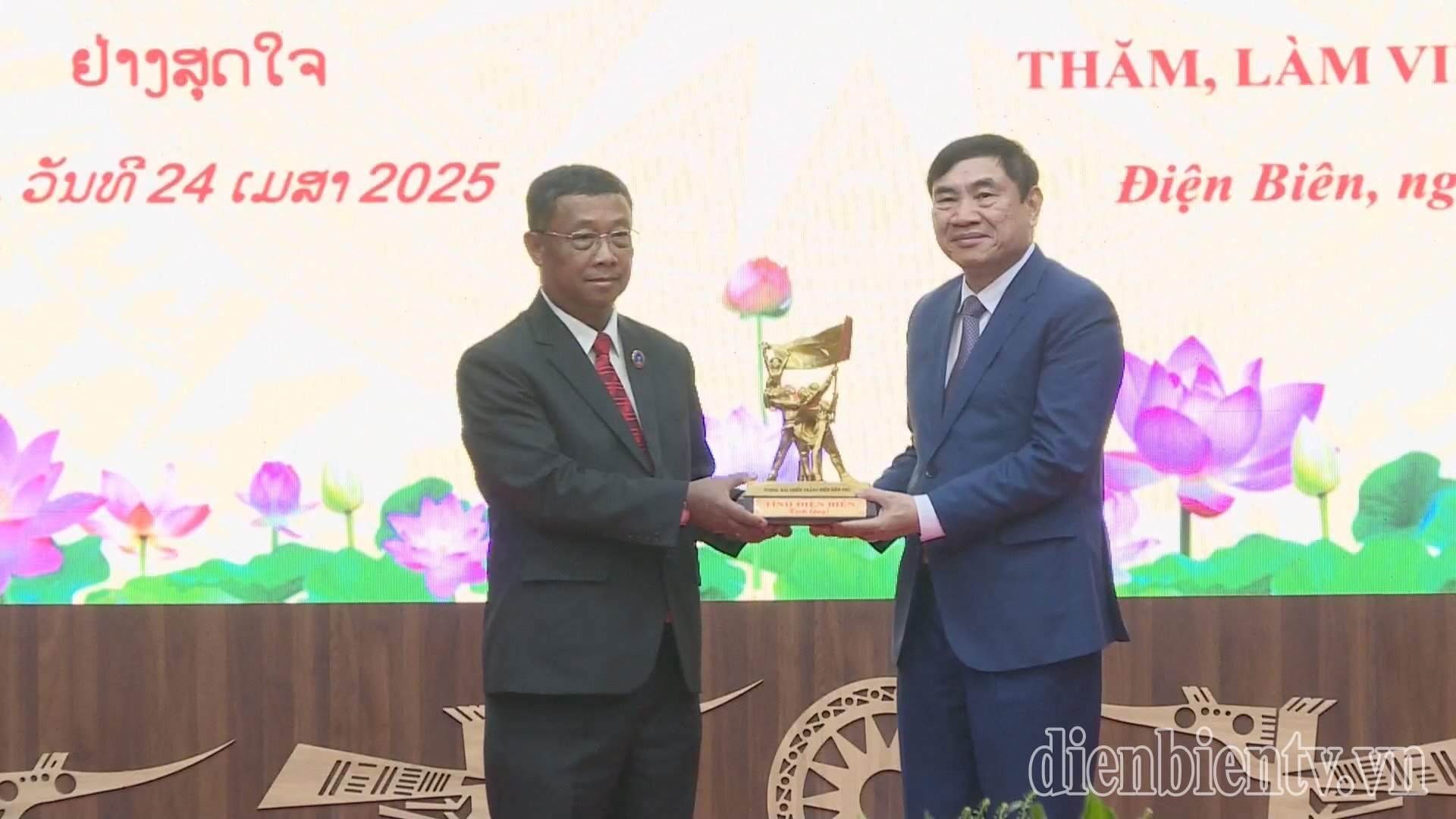
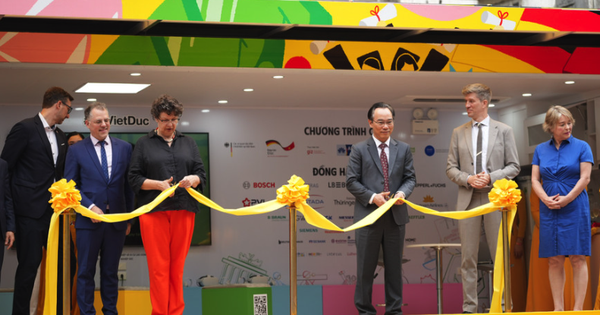
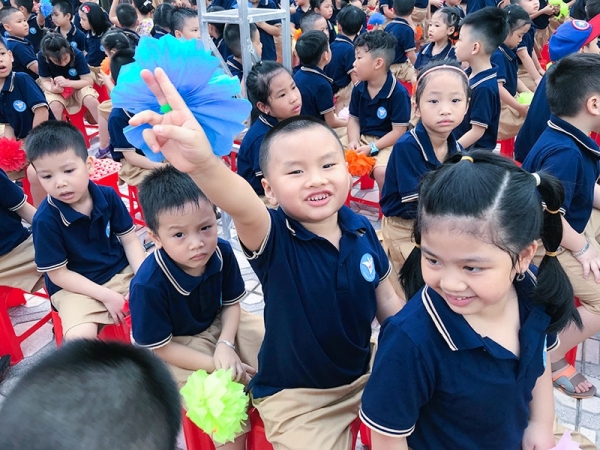
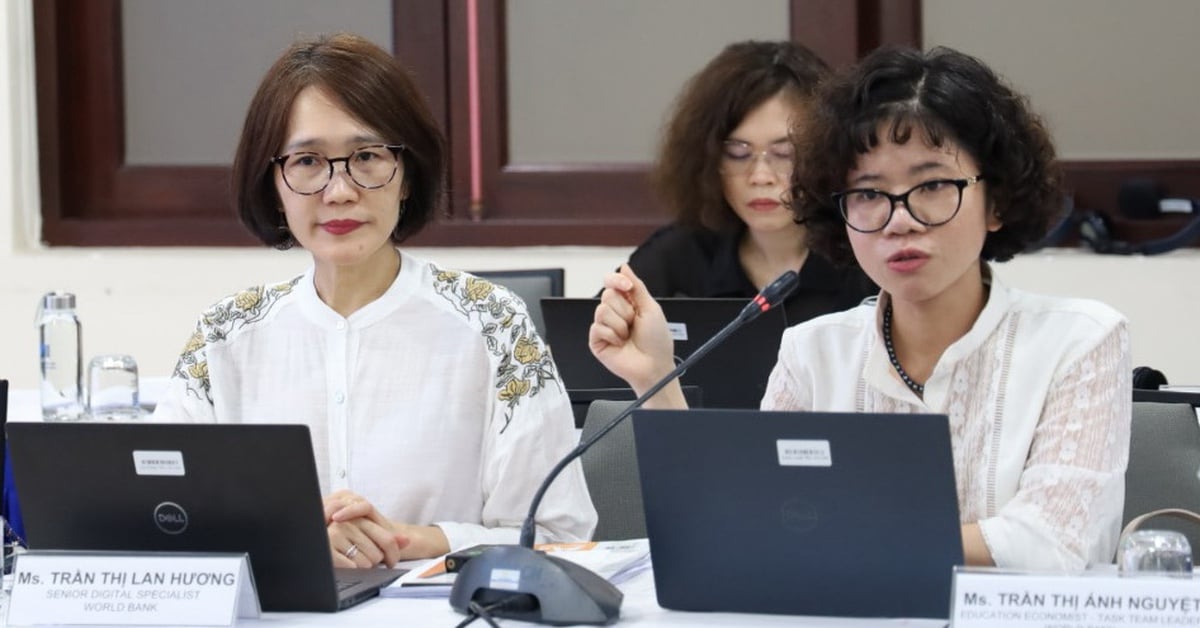
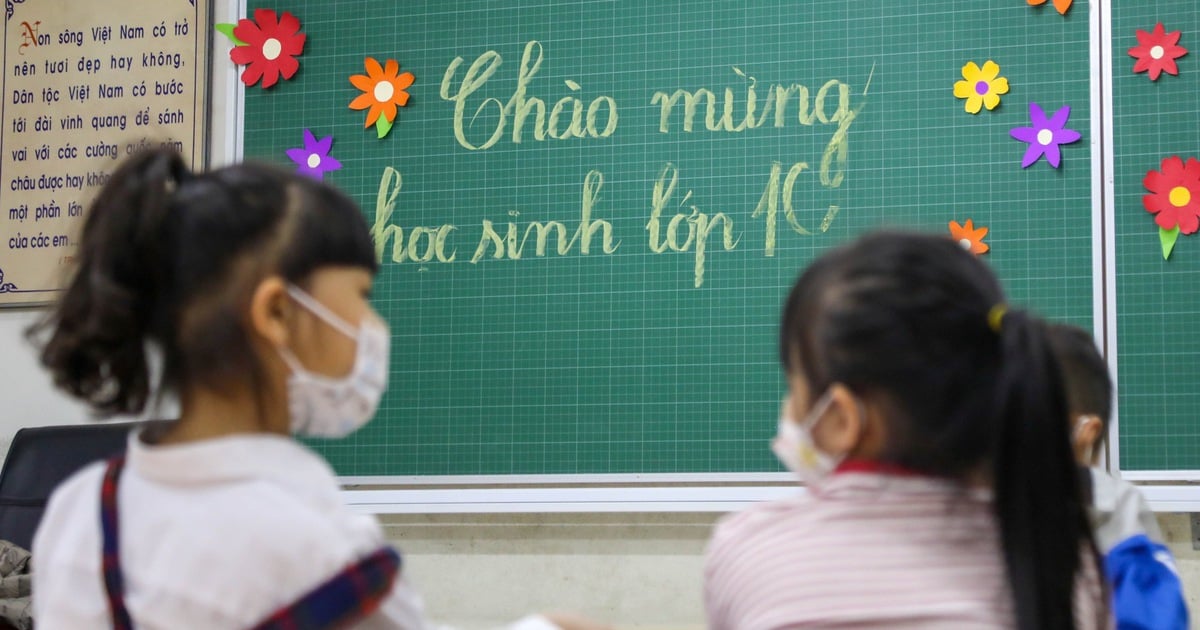
![[Video] After the merger, the right to recruit and mobilize teachers is assigned to the Department of Education and Training.](https://vstatic.vietnam.vn/vietnam/resource/IMAGE/2025/4/26/d2e5438fa7a541a399b24c3858ba8941)
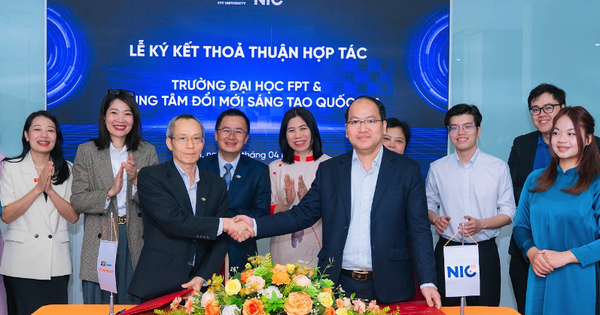
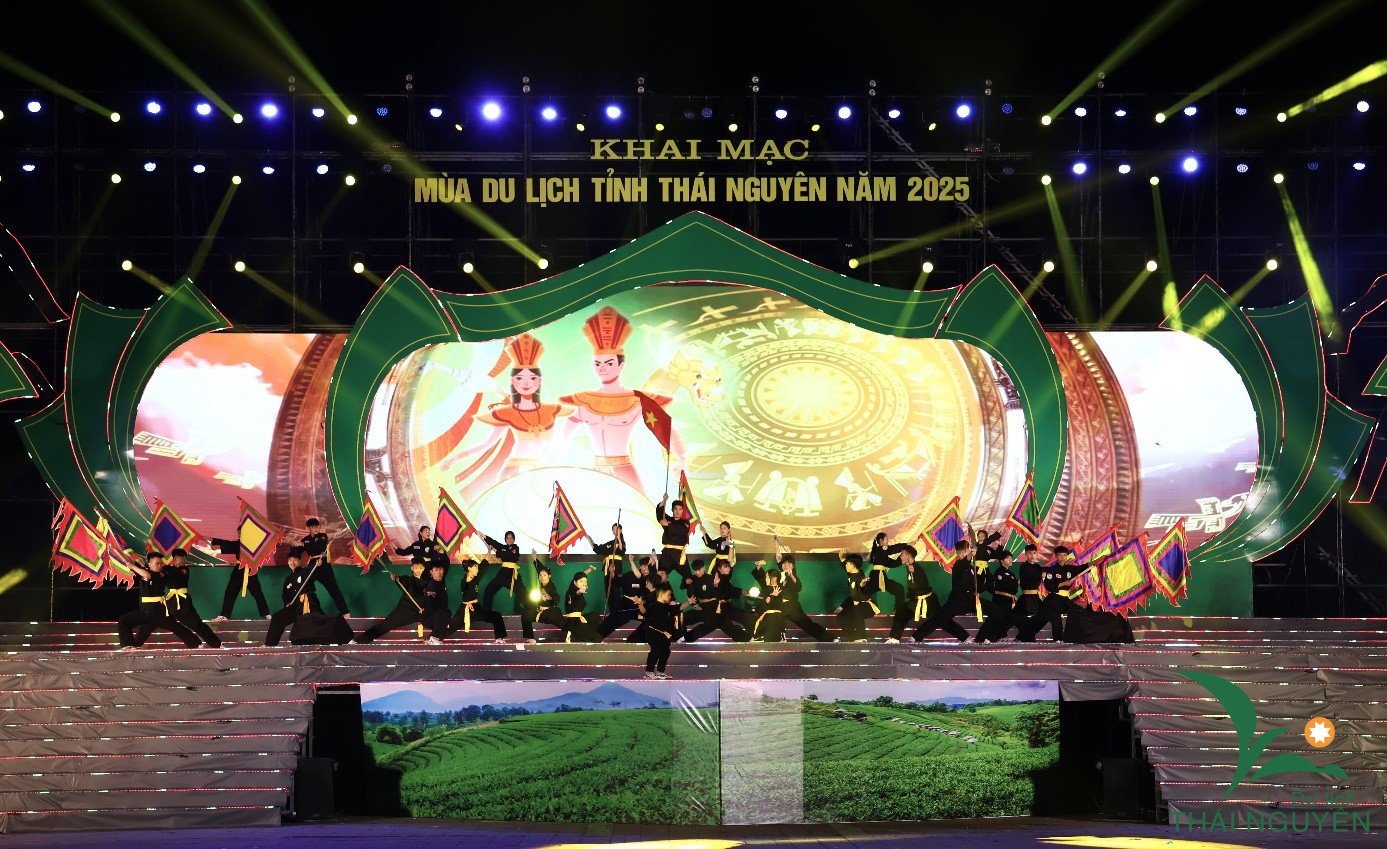
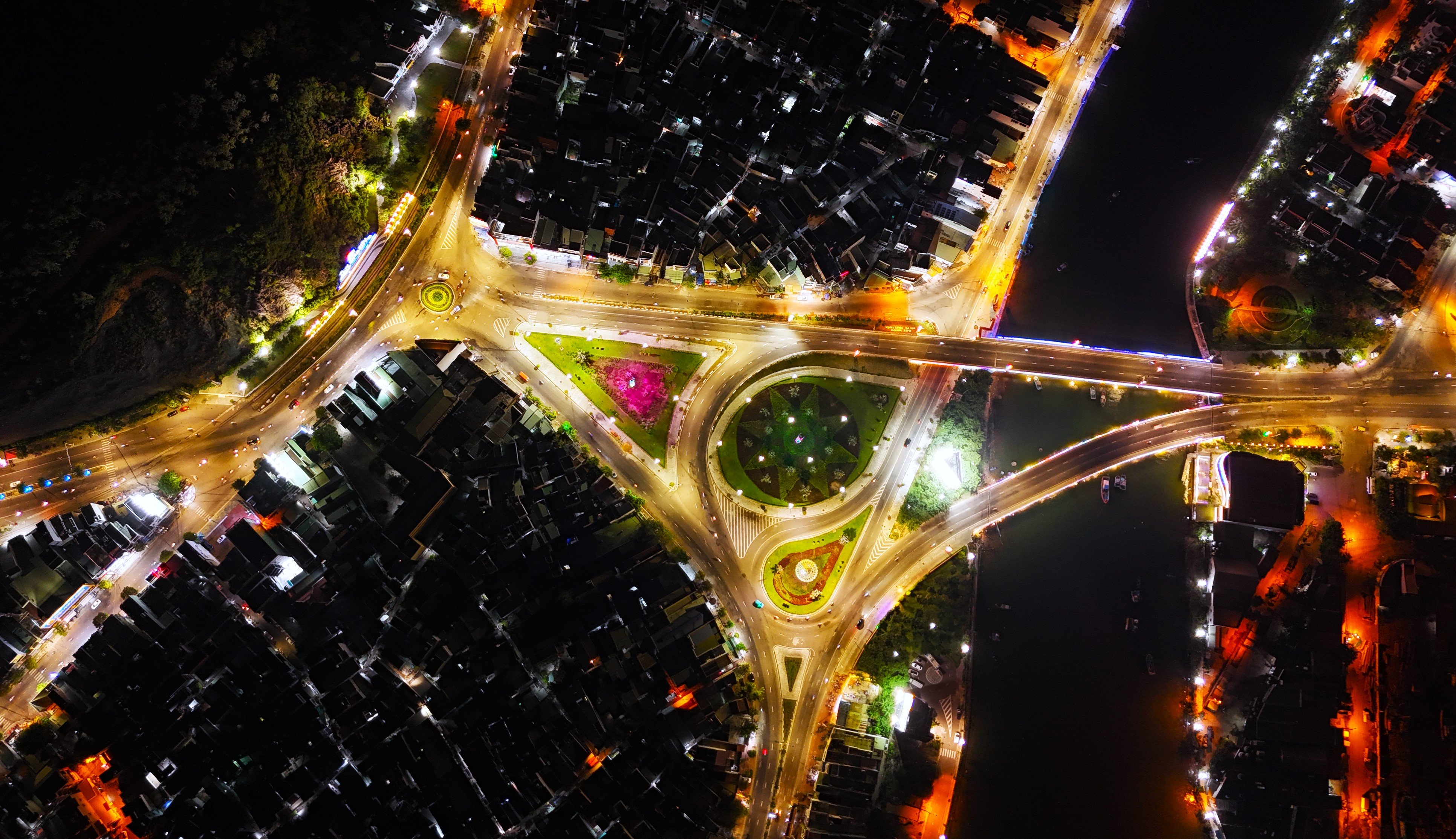
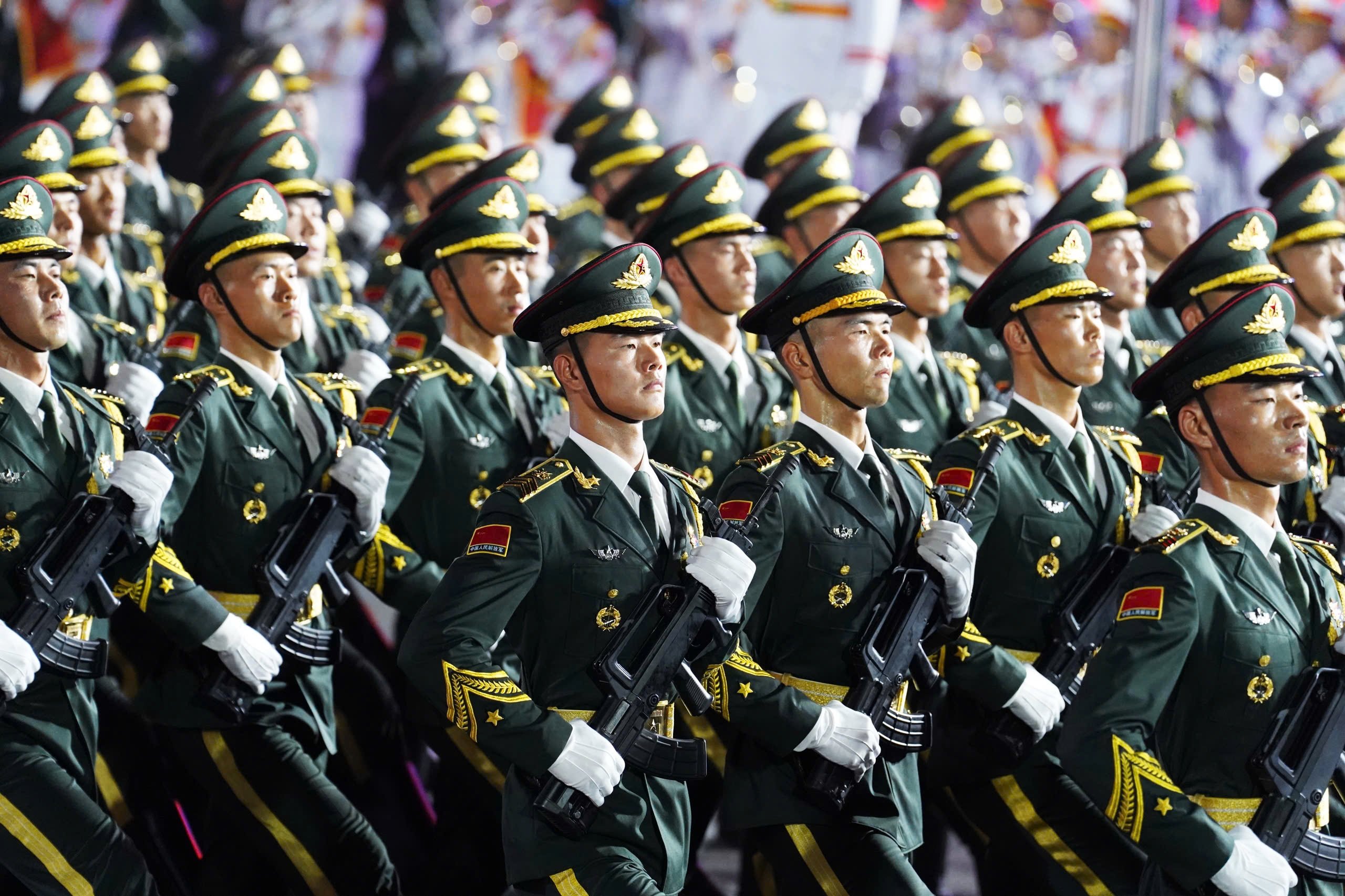







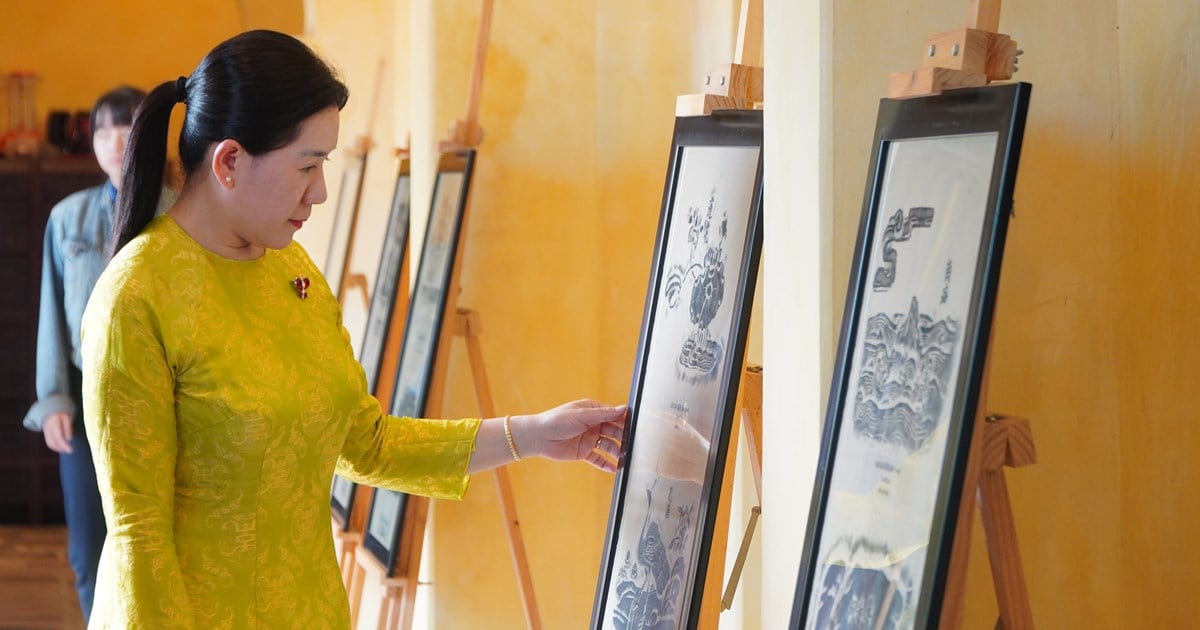



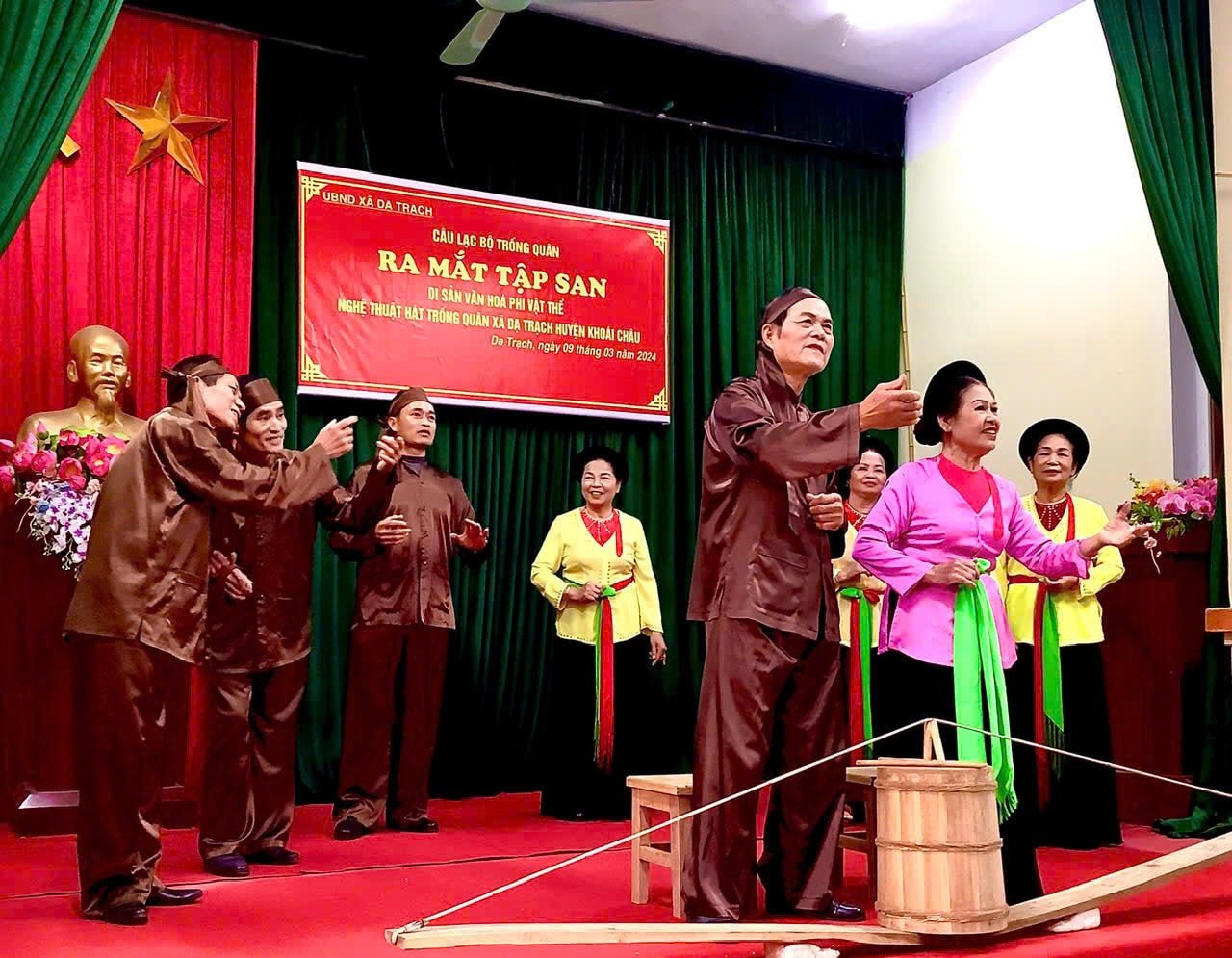

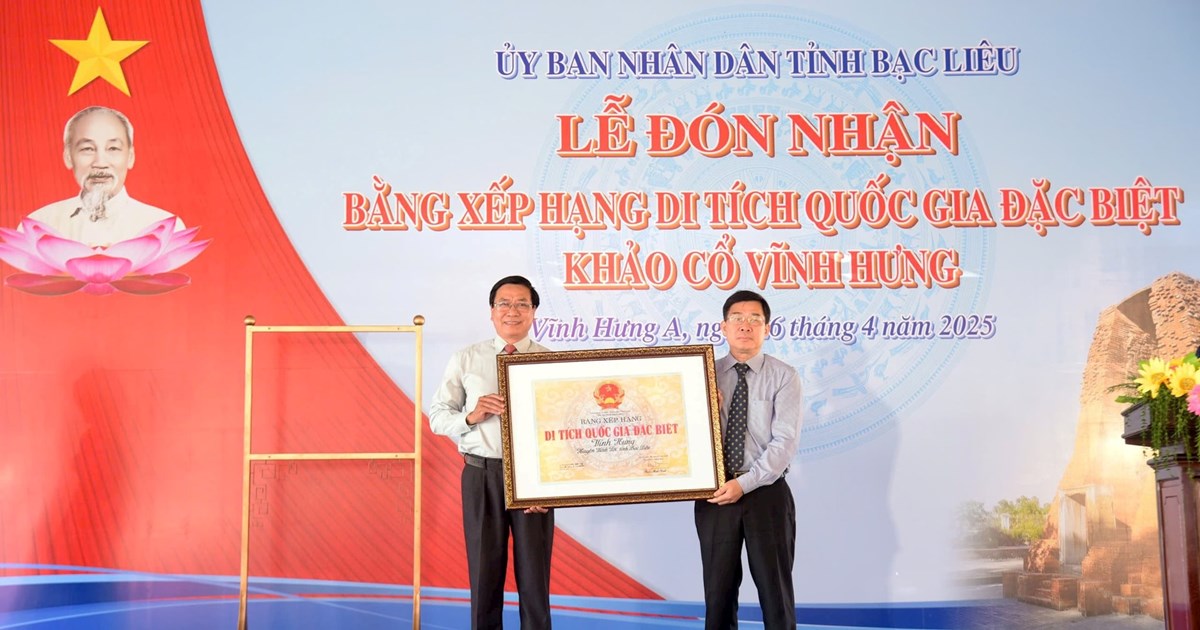


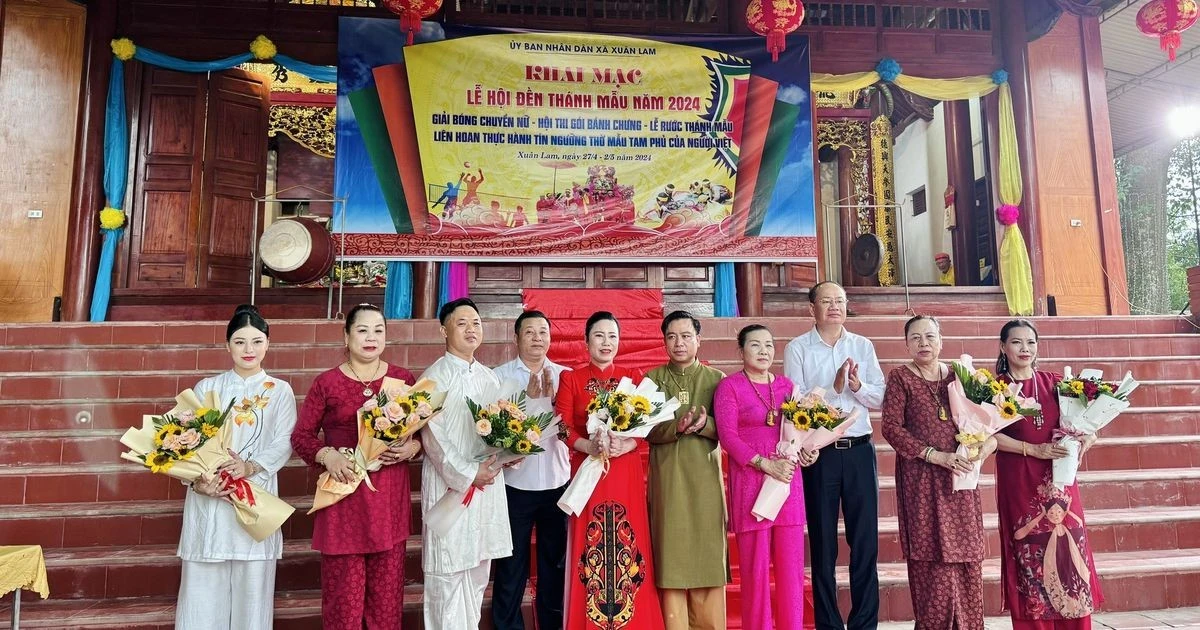
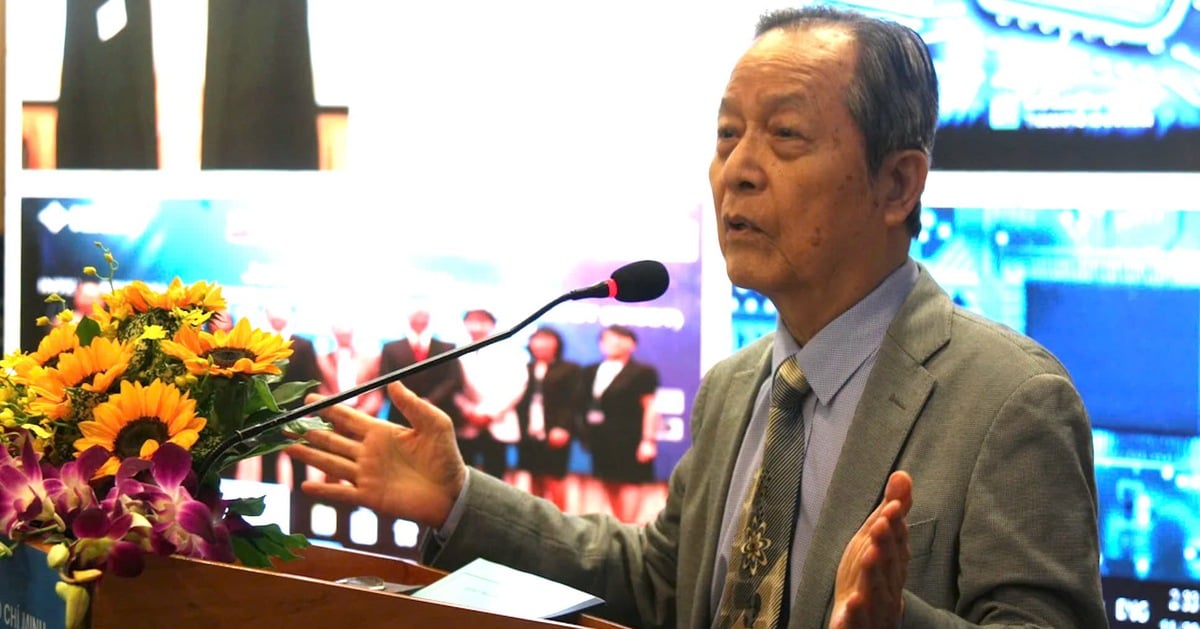

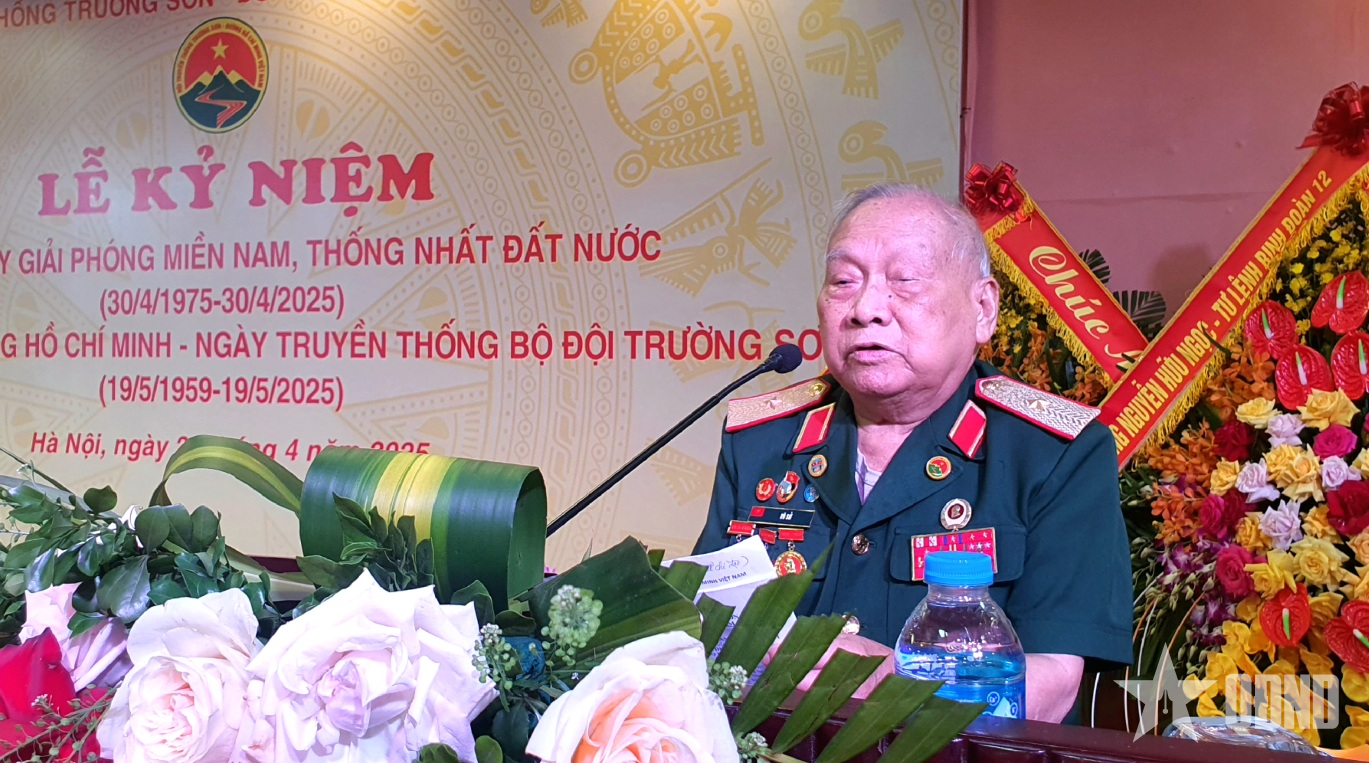

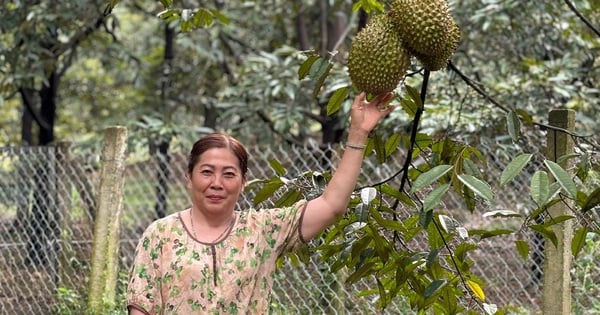

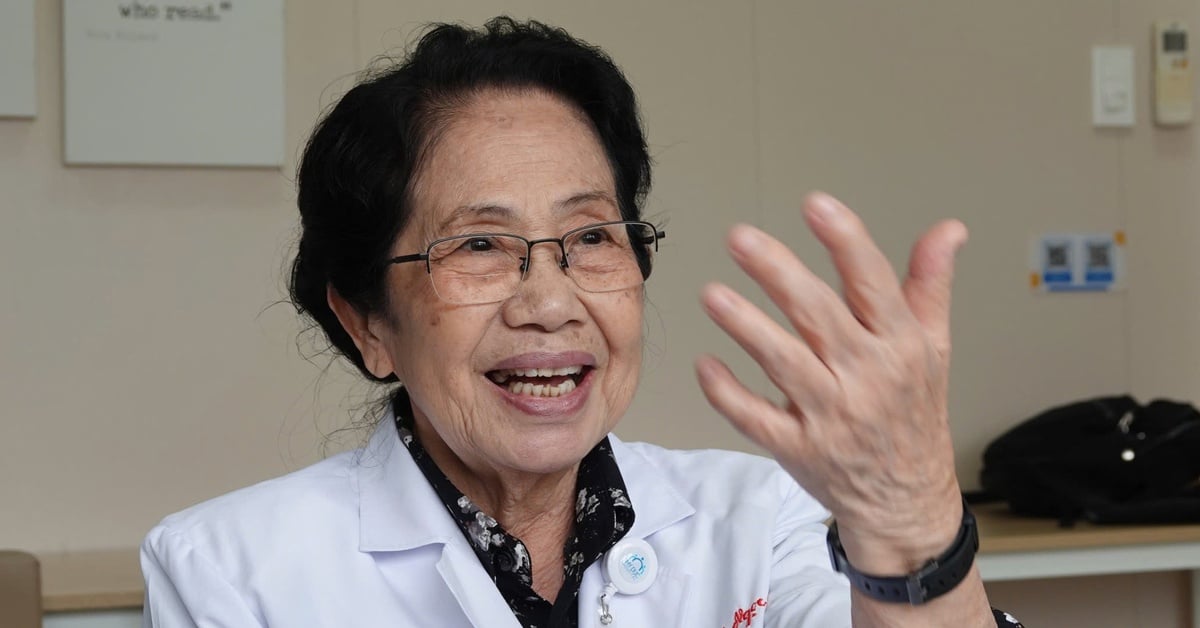


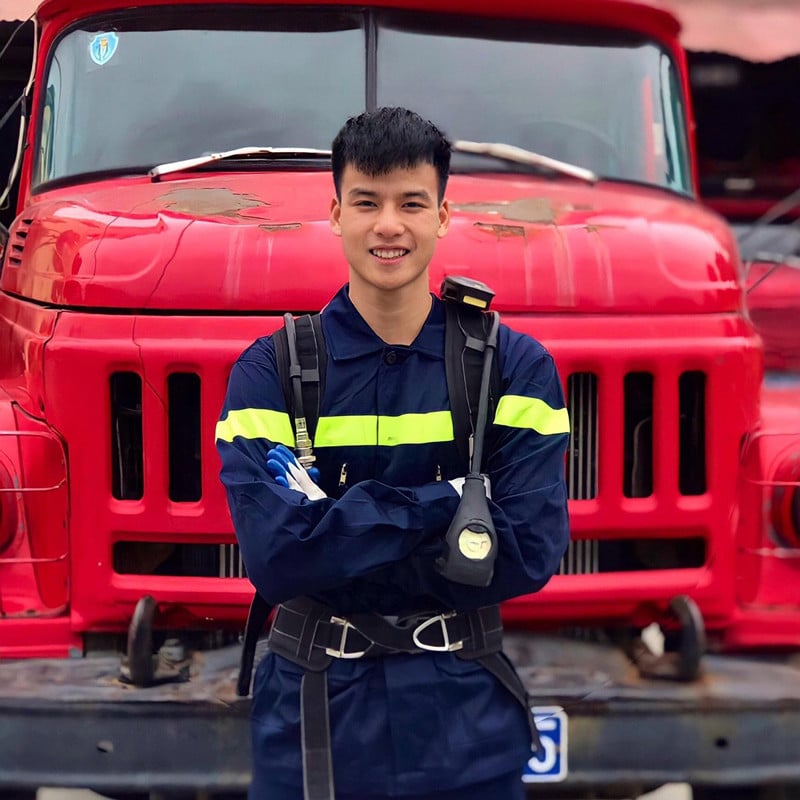

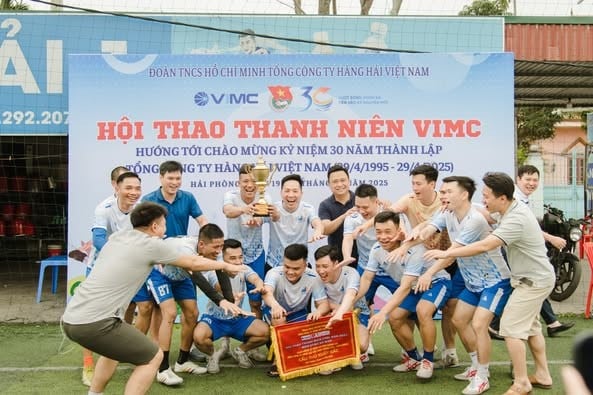

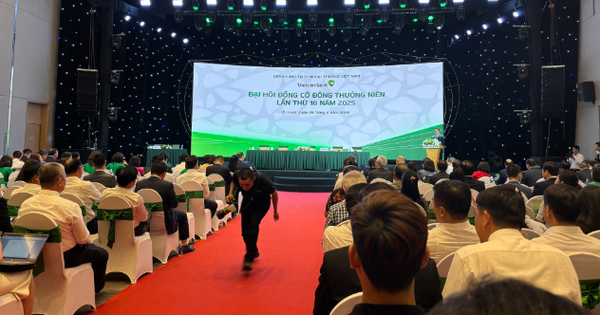



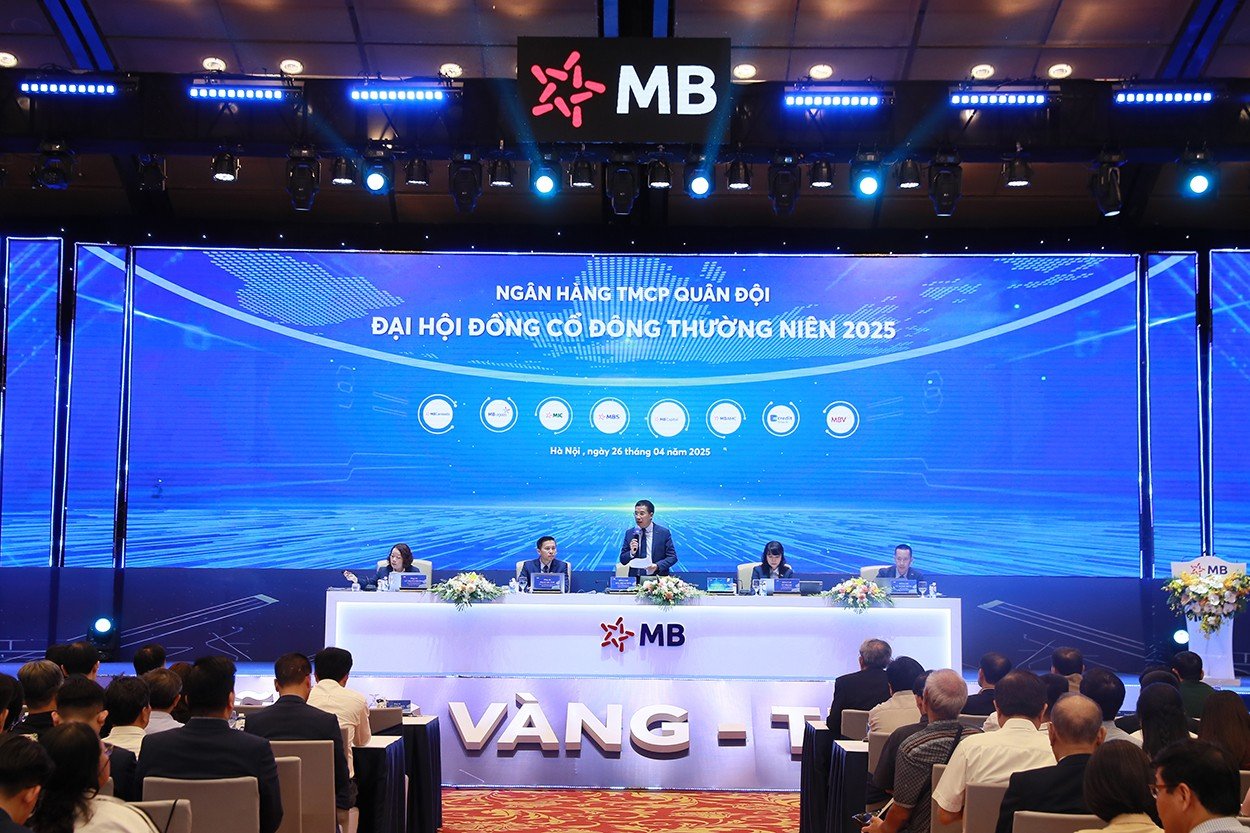
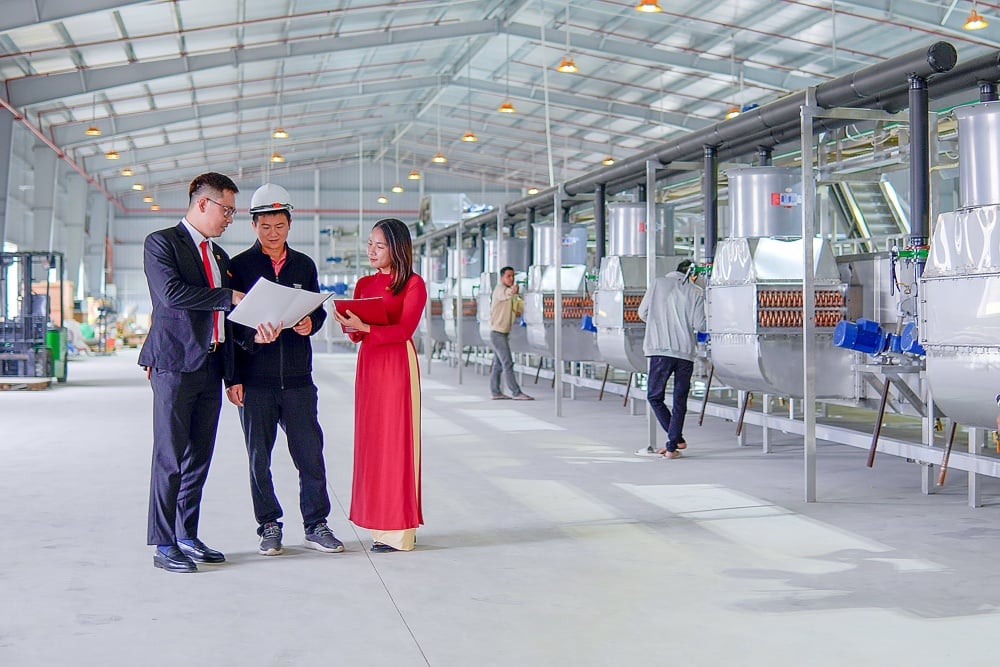

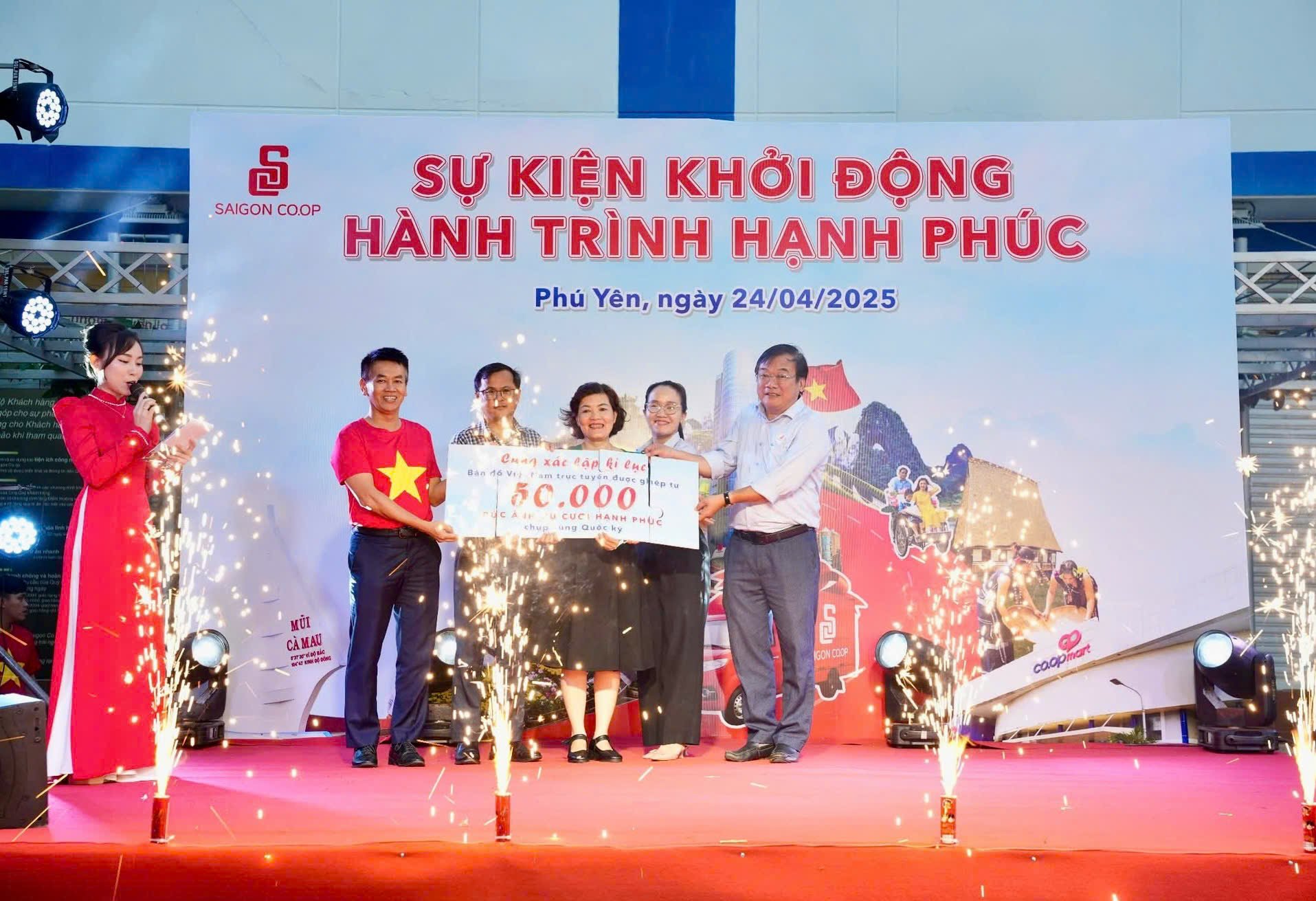



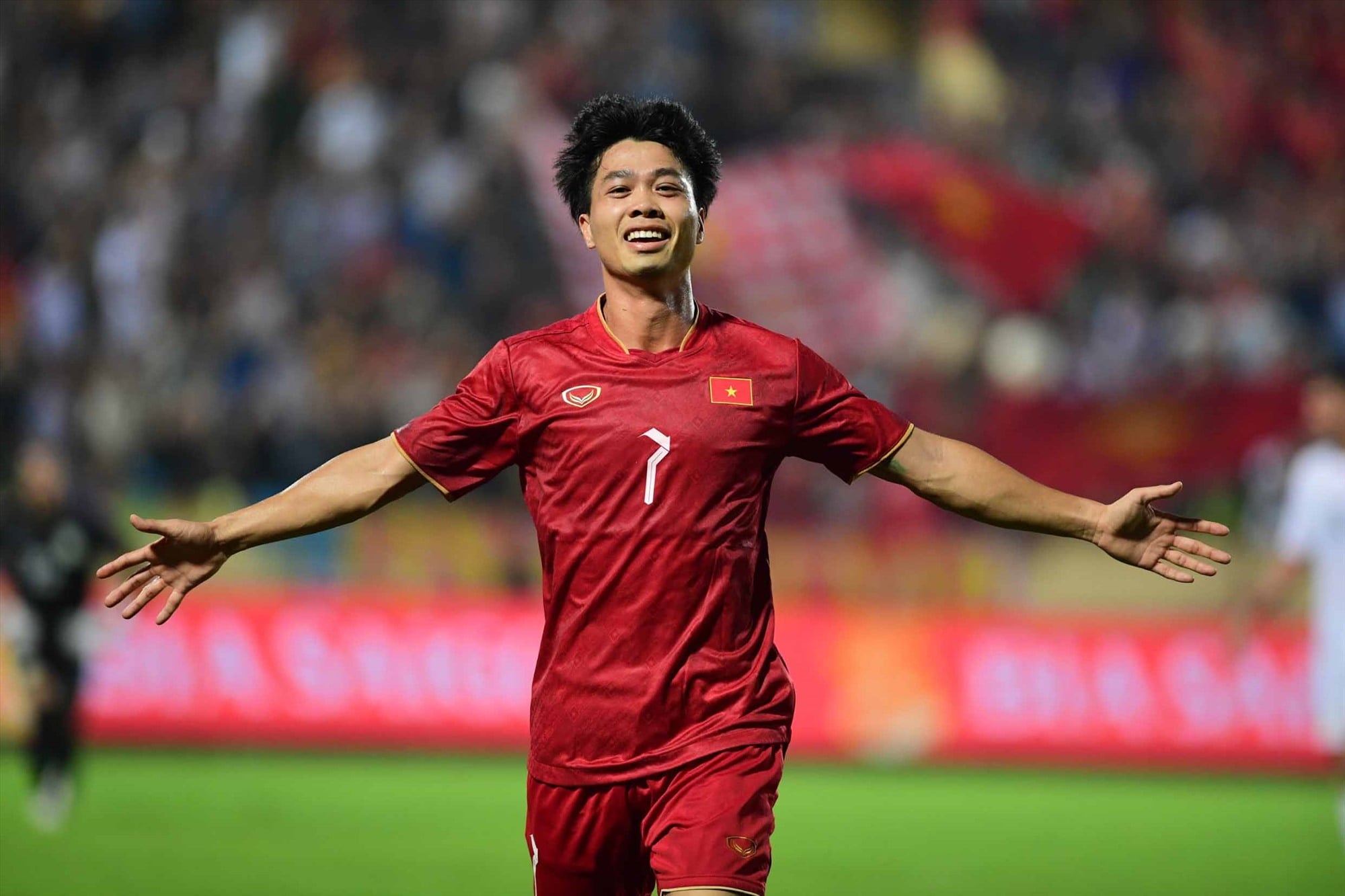
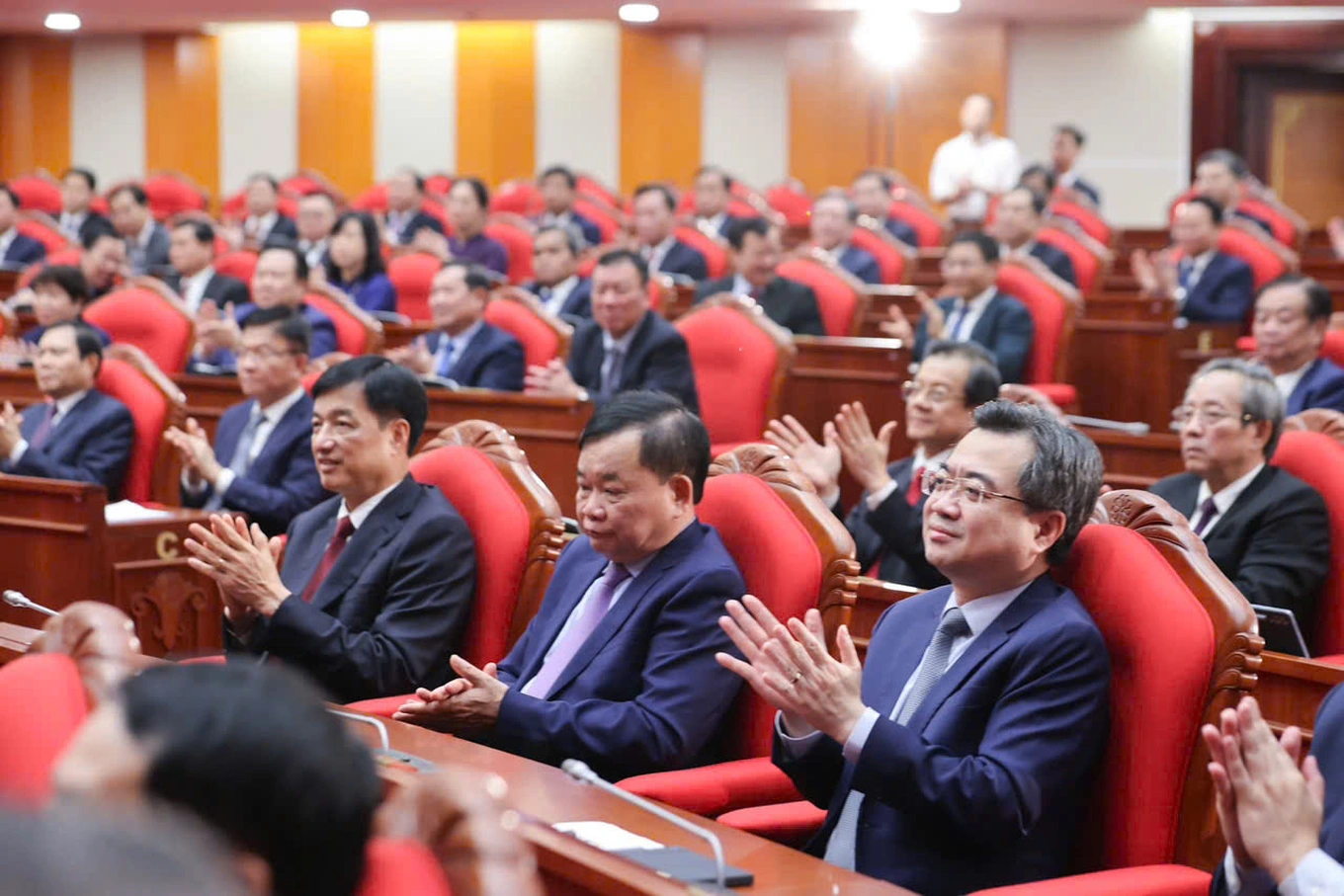
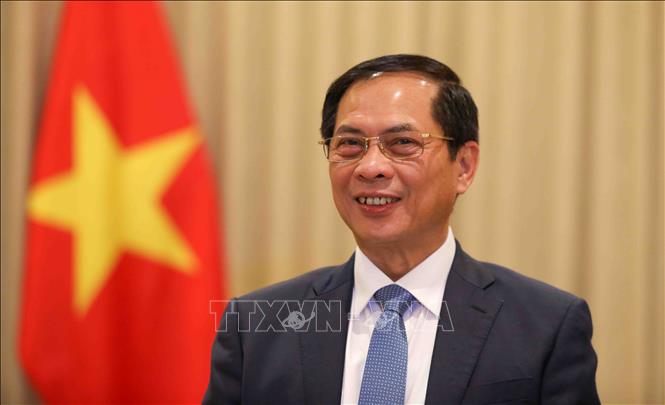


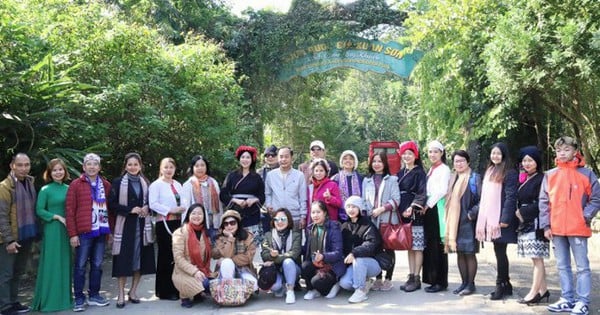

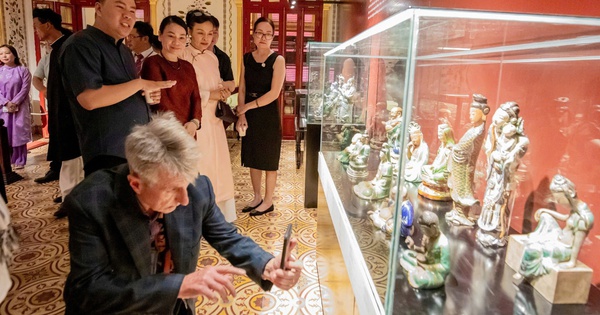
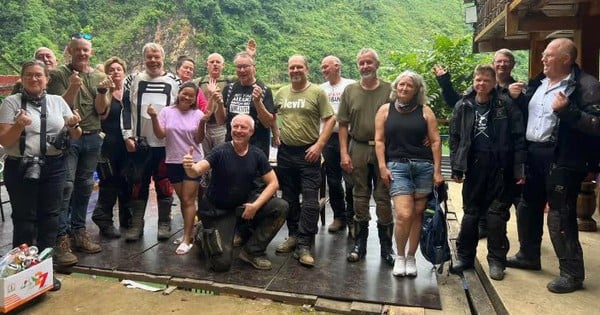
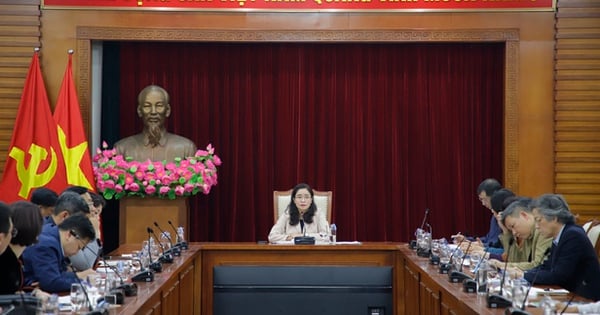
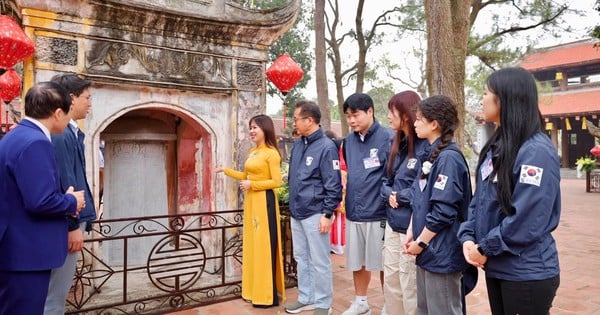
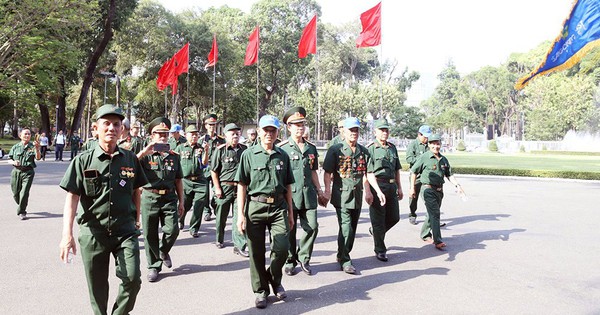
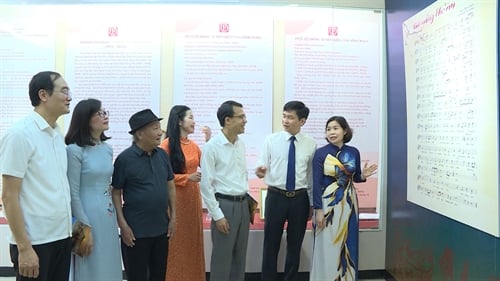


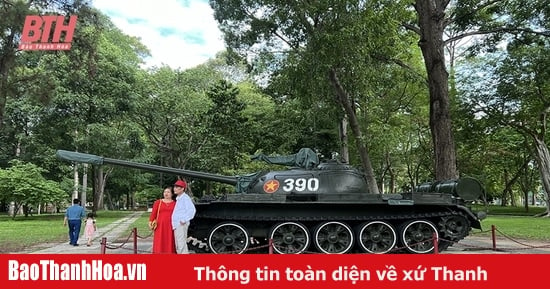

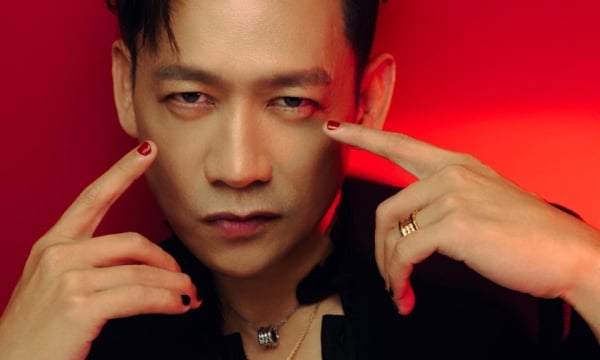
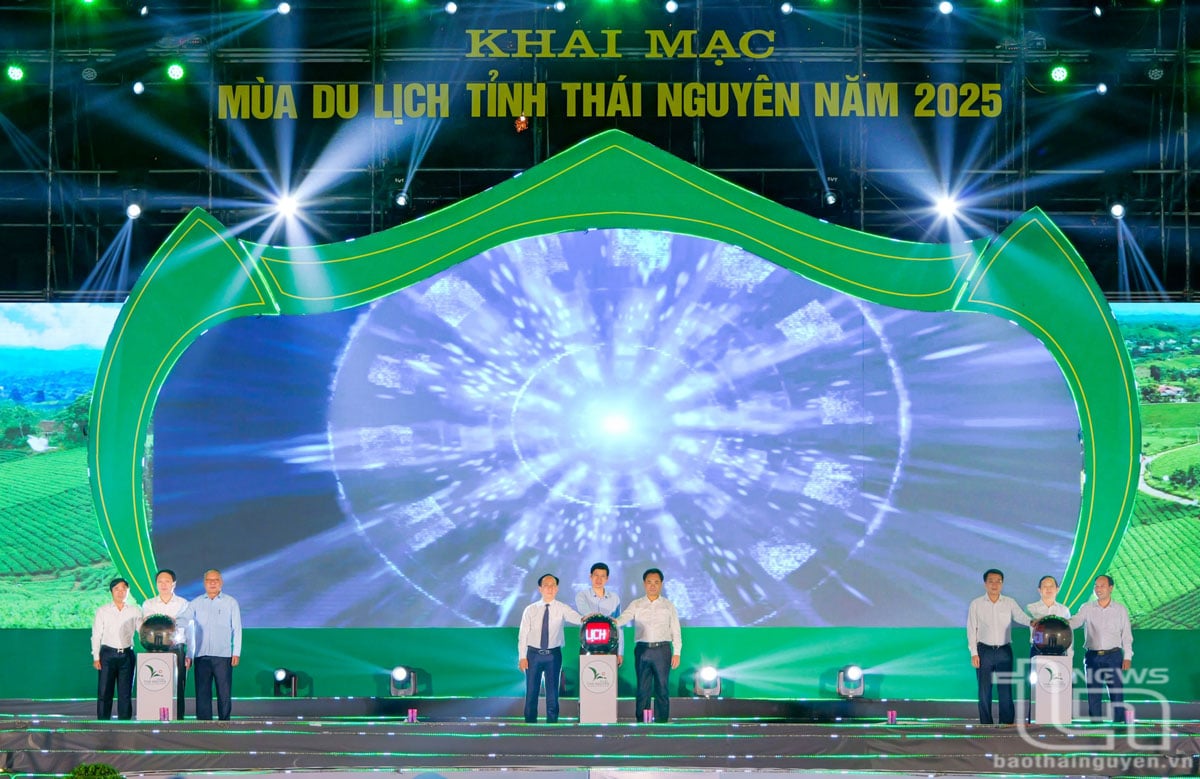




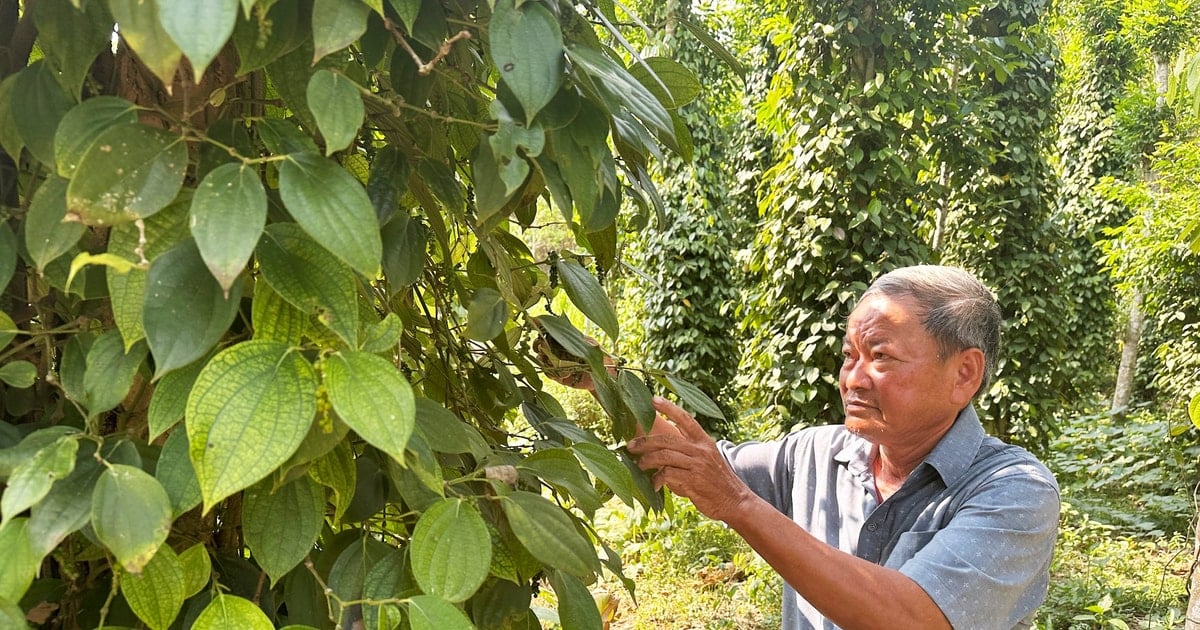

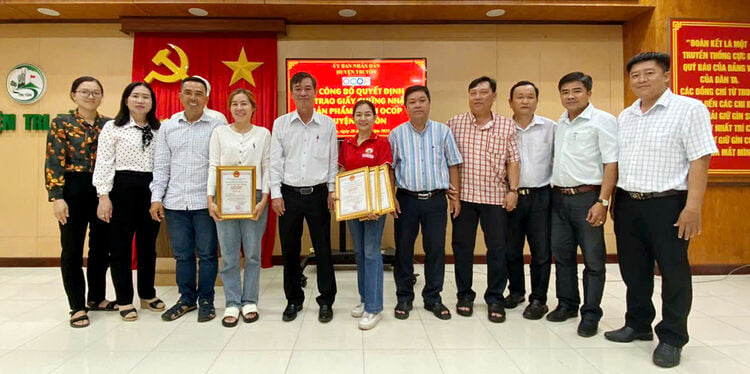

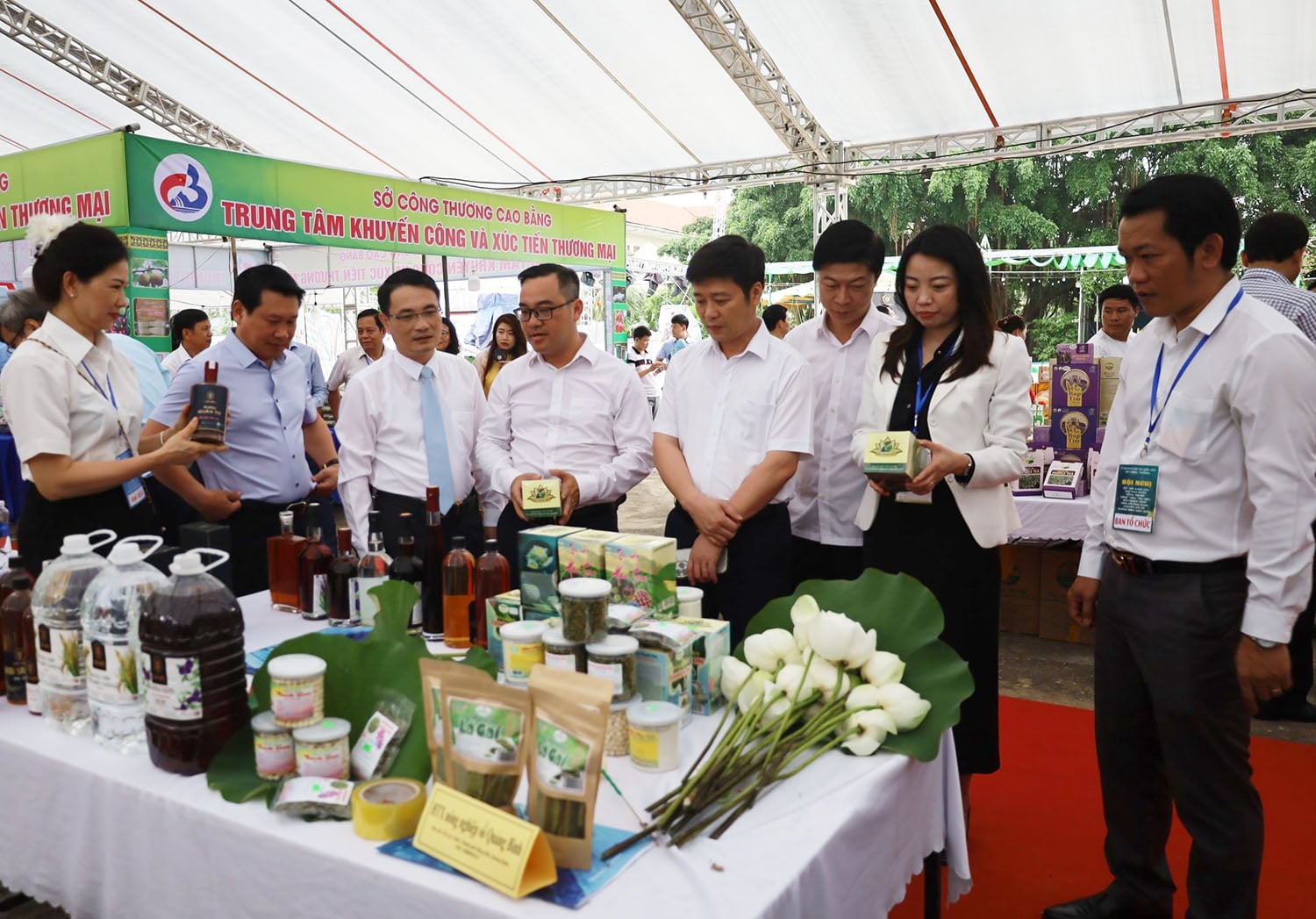



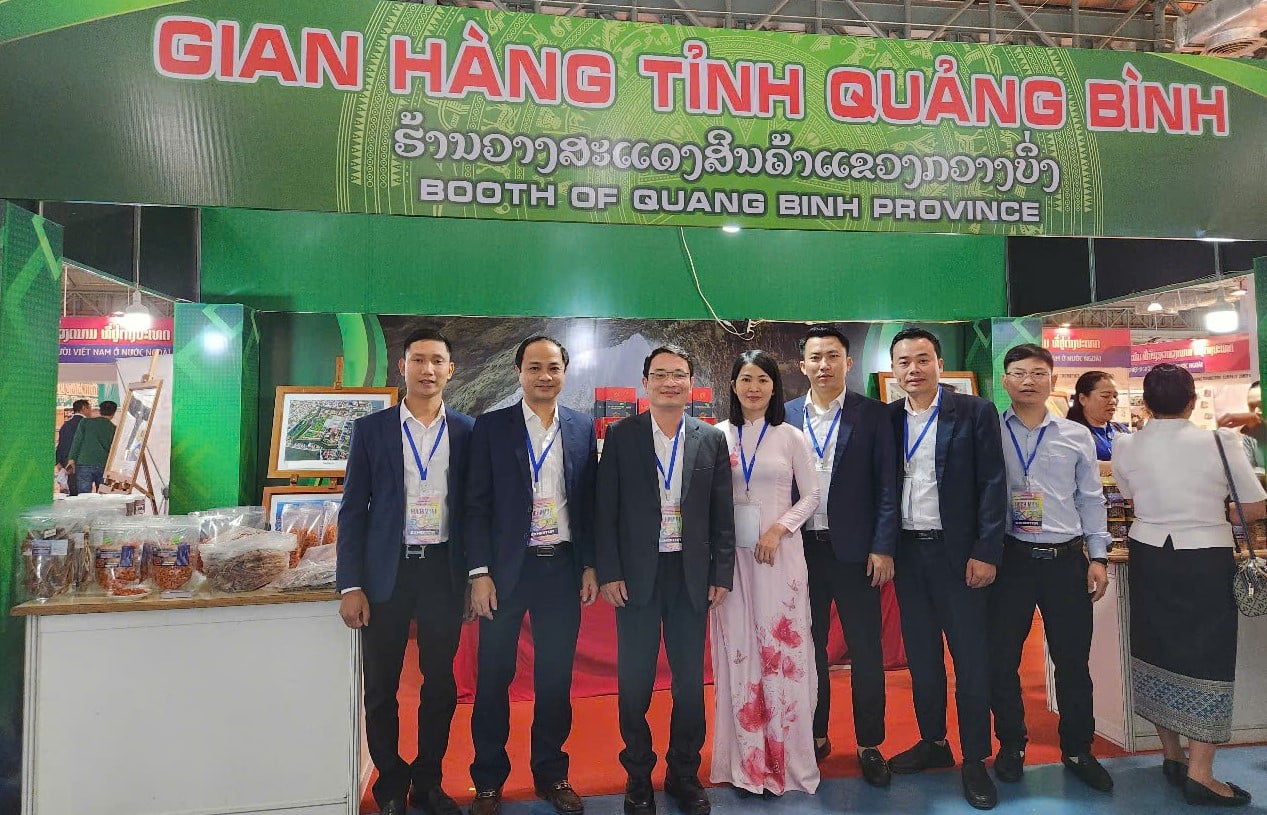
Comment (0)